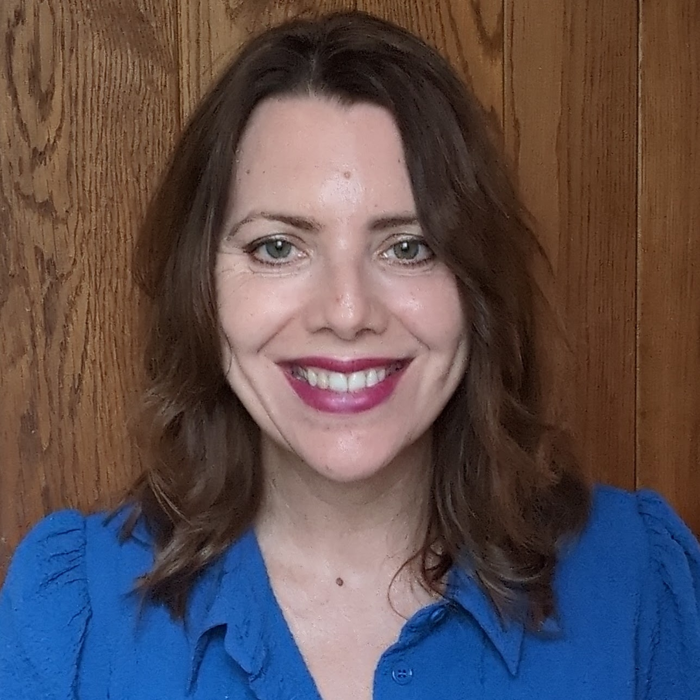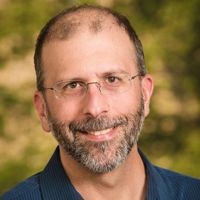Parallels in learning to talk and sing: Social mechanisms of vocal learning in baby humans and songbirds
Tuesday 7th May 2024, 5:00 PM - 7:00 PM (London Time)
How do babies learn to talk? Despite the immense variety of sounds we associate with the animal world, the ability to learn a vocal repertoire is a rare phenomenon, emerging in only a handful of groups, including humans. To gain a better understanding of the development and evolution of vocal learning, we will examine the processes by which birds learn to sing and human infants learn to talk. A key parallel in the vocal development of birds and babies is the social function of immature vocalizations. The responses of adults to the plastic song of birds and the babbling of babies create social feedback that guides the young towards mature vocalizations. I will present experiments demonstrating how the immature sounds of young birds and babies regulate and are regulated by social interactions. The form and timing of these interactions have strong influences on the development of mature birdsong and language. The difficulty of measuring rapid social interchanges organized by immature vocalizing has led many to overlook their importance and assume that young songbirds and human infants learn by passive exposure followed by motor practice. My data indicate that vocal learning is an active, socially-embedded process. By creating feedback that is both inherently informative and socially relevant, structured social interaction boosts the salience of acoustic patterns in the input and facilitates learning of speech and song.
Michael Goldstein
Michael Goldstein is a Professor of Psychology and Stephen H. Weiss Presidential Fellow at Cornell University.

Attend this course for as little as £22 as part of the Voice Professional Training CPD Award Scheme.
Learn MoreSorry, this is an archived short course...
We have plenty of upcoming short courses coming soon. See details of some of them below or look at the full list of short courses.

Tuesday 13th January 2026
5:00 PM - 6:30 PM
Tuesday 20th January 2026
5:00 PM - 6:30 PM
Tuesday 27th January 2026
5:00 PM - 6:30 PM
Tuesday 3rd February 2026
5:00 PM - 6:30 PM
Tuesday 10th February 2026
5:00 PM - 6:30 PM
(London Time)
Introduction to Postgraduate Academic Skills - Join Live!

Debbie Winter
Are you ready to elevate your academic journey? Hosted by our very own Debbie Winter, join our comprehensive Introduction to Academic Skills course, designed to equip you with essential tools and strategies for success in higher education. Perfect for bridging the gap between undergraduate and postgraduate study, this course offers a pathway to our full MA for students without an existing degree. We offer both live, interactive sessions and standalone, pre-recorded content.

Thursday 15th January 2026
5:00 PM - 7:00 PM
Thursday 22nd January 2026
5:00 PM - 7:00 PM
Thursday 29th January 2026
5:00 PM - 7:00 PM
Thursday 5th February 2026
5:00 PM - 7:00 PM
Thursday 12th February 2026
5:00 PM - 7:00 PM
(London Time)
Trauma-Sensitive Voice Professional Certificate with Dr Elisa Monti

Dr Elisa Monti
Updated for 2026, this five-part certificate course is designed to help participants learn the theory and practice of trauma-sensitive approaches. The concepts and activities included are tailored to meet the needs of voice specialists who want to acquire more specific tools to navigate the space with their students and colleagues.

Monday 9th February 2026
5:00 PM - 7:00 PM
(London Time)
Certificate in Applied Voice Pedagogy with Adam Roberts

Adam Roberts
Spring Immersive - live and interactive learning! This 12-week online programme is designed for voice professionals committed to deepening applied voice pedagogy skills and advancing professional practice. The course offers a rich environment to reflect on your teaching philosophy and develop applied pedagogical techniques. It is ideal for voice teachers, coaches, therapists, and performers seeking to bridge foundational knowledge with practical, student-centered applications.
